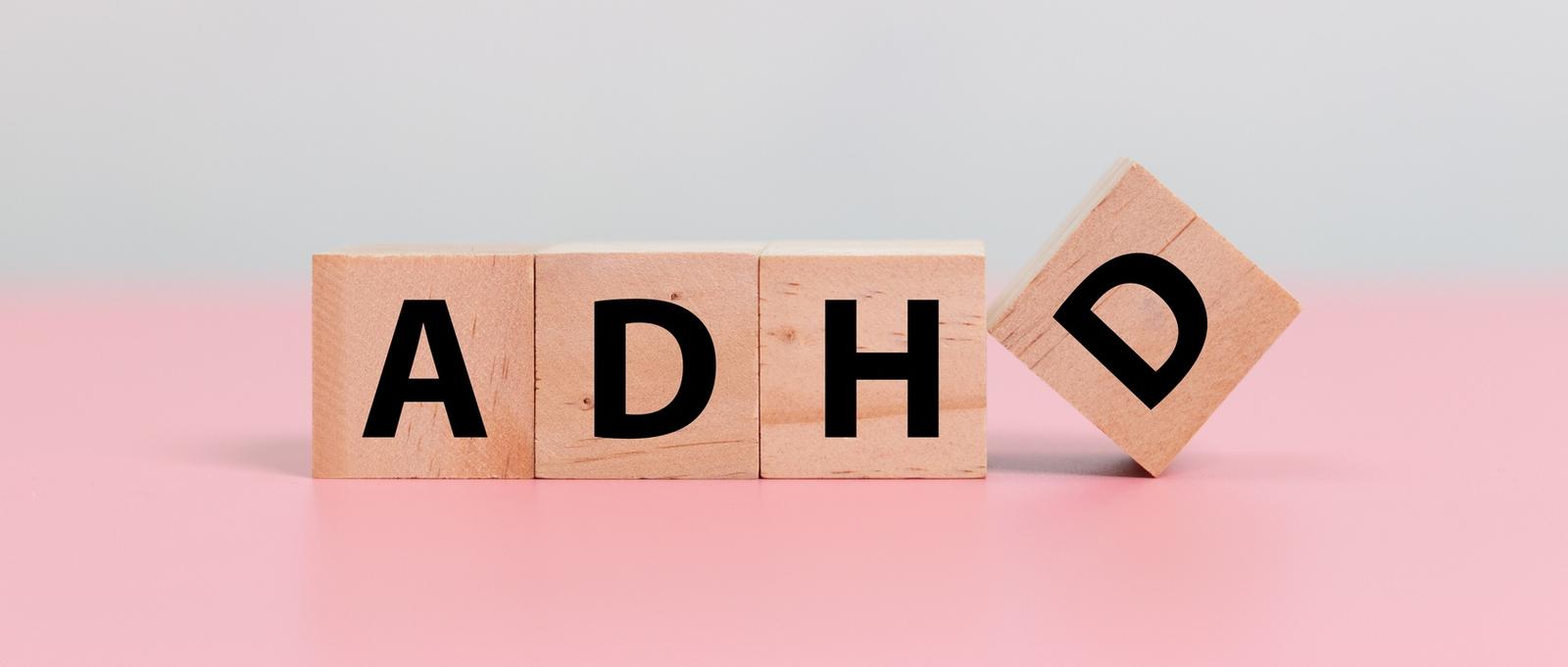
What is ADHD burnout?
Peer reviewed by Dr Krishna Vakharia, MRCGPAuthored by Victoria RawOriginally published 10 Feb 2025
Meets Patient’s editorial guidelines
- DownloadDownload
- Share
- Language
- Discussion
ADHD burnout is something that's little talked about. However, it can be a significant challenge for some living with the condition. While ADHD symptoms are widely recognised, we don't often address the impact of those symptoms - many of which can exhaust and overwhelm those constantly managing them.
In this article:
Attention deficit hyperactivity disorder (ADHD) is classified as a neurological health condition affecting around 5% of children and 4% of adults in the UK. If you have ADHD, you may struggle to concentrate, find it hard to stay focused on tasks, feel restless much of the time, and even act impulsively. This ongoing effort to manage ADHD symptoms can affect both your emotional and physical wellbeing.
Continue reading below
What is burnout?
Life is constantly moving, and for most of us, daily challenges and stressors can leave us feeling exhausted. However, when this stress becomes too much - and too often - it can lead to more serious health issues, such as burnout.
Dr Tom MacLaren, Consultant Psychiatrist, Re:Cognition Health, London, UK describes burnout as a state of emotional, physical and mental exhaustion caused by prolonged and excessive stress.
"Unlike typical stress or feeling overtired (fatigue) - which can be alleviated with rest or relaxation - burnout is a more long-term condition," he says. "It can lead to a sensation of hopelessness, detachment and a decrease in performance and productivity."
Can ADHD worsen burnout symptoms?
People with ADHD often face ongoing struggles as they work to manage their symptoms - such as keeping focus, managing time, and regulating emotions.
"The constant effort required to keep up with these challenges can deplete your energy reserves more rapidly, increasing your likelihood of burnout," explains MacLaren. "ADHD burnout is often characterised by a heightened sense of frustration and emotional dysregulation."
This constant internal battle to manage ADHD symptoms adds a layer of complexity that sets it apart from general burnout.
MacLaren says: "People with ADHD may also have difficulties in organising tasks, prioritising responsibilities and maintaining focus. These challenges can result in a continuous cycle of feeling overwhelmed and falling behind, further exacerbating stress levels and vulnerability to burnout."
Continue reading below
What does ADHD burnout feel like?
The symptoms of ADHD burnout often overlap with those of ADHD itself. However, during burnout, they can become more intense, persistent, and hard to manage.
Maclaren says that common signs of ADHD burnout include:
Constant tiredness (fatigue) - that does not improve with rest, and often leaves you feeling drained and lacking energy throughout the day.
Sense of being overwhelmed - feeling unable to manage daily responsibilities, as though everything is too much to handle.
Lack of motivation - even simple tasks feel exhausting and may impact overall your physical drive and emotional wellbeing.
Feeling irritable - increased sensitivity and quickness to anger, leading to frustration over minor issues.
Relationship issues - can affect relationships and communication, making it harder to stay calm and patient in everyday situations.
Difficulty concentrating - struggling to maintain focus on tasks more than usual, often leading to forgetfulness or an inability to complete work efficiently.
Mental fog - decision-making and problem-solving may become more challenging.
Anxiety - including a sense of losing control, making even routine activities feel daunting.
How to recover from ADHD burnout
If you suspect you may have ADHD-related symptoms, it's important to book an appointment with your doctor to discuss them. Left untreated - or undertreated - ADHD can make these challenges even more difficult, especially if you're unaware of the cause or unsure how to manage them.
"Without proper management, you may find it even harder to cope with daily demands," warns MacLaren. "This could lead to heightened frustration, stress and a higher likelihood of experiencing burnout."
He adds that while ADHD symptoms are generally constant, burnout symptoms represent an escalation in severity and impact. Unlike other mental health conditions, ADHD burnout specifically stems from the cumulative effect of ADHD-related stressors.
MacLaren suggests the following strategies to help you recover from ADHD burnout:
Establishing structured routines.
Breaking tasks into manageable steps.
Engaging in regular physical activity.
Practicing mindfulness techniques.
Prioritising rest.
Seeking professional support.
"Proactive strategies include setting realistic goals, using organisational tools and building a strong support network," he advises. "Regularly practicing self-care, prioritising tasks and maintaining a healthy work-life balance can also play a crucial role in preventing burnout."
Taking care of your health is essential for everybody - especially when it comes to preventing burnout from mental and physical exhaustion. However, people with ADHD, need to be particularly mindful of this. If you're struggling, checking in with a healthcare professional can help you find the right support for recovery.
For more guidance on managing ADHD symptoms, read our article on practical tips for everyday living with ADHD.
Patient picks for ADHD

Brain and nerves
Can diet affect your ADHD?
As more people are diagnosed with ADHD, there is growing interest in effective ways to help control its symptoms. One promising area of focus is nutrition, with emerging evidence suggesting that what you eat may play a role in managing the condition. We spoke to the experts for their take on whether your diet can impact ADHD symptoms.
by Victoria Raw

Brain and nerves
Can ADHD cause anxiety and depression?
1 in 3 people with diagnosed ADHD have also experienced depression, and around 1 in 2 have anxiety. This strong link between ADHD, depression and anxiety is largely caused by the symptoms of ADHD which can make life a real struggle.
by Amberley Davis
Continue reading below
Article history
The information on this page is peer reviewed by qualified clinicians.
Next review due: 10 Feb 2028
10 Feb 2025 | Originally published
Authored by:
Victoria RawPeer reviewed by
Dr Krishna Vakharia, MRCGP

Ask, share, connect.
Browse discussions, ask questions, and share experiences across hundreds of health topics.

Feeling unwell?
Assess your symptoms online for free
Sign up to the Patient newsletter
Your weekly dose of clear, trustworthy health advice - written to help you feel informed, confident and in control.
By subscribing you accept our Privacy Policy. You can unsubscribe at any time. We never sell your data.